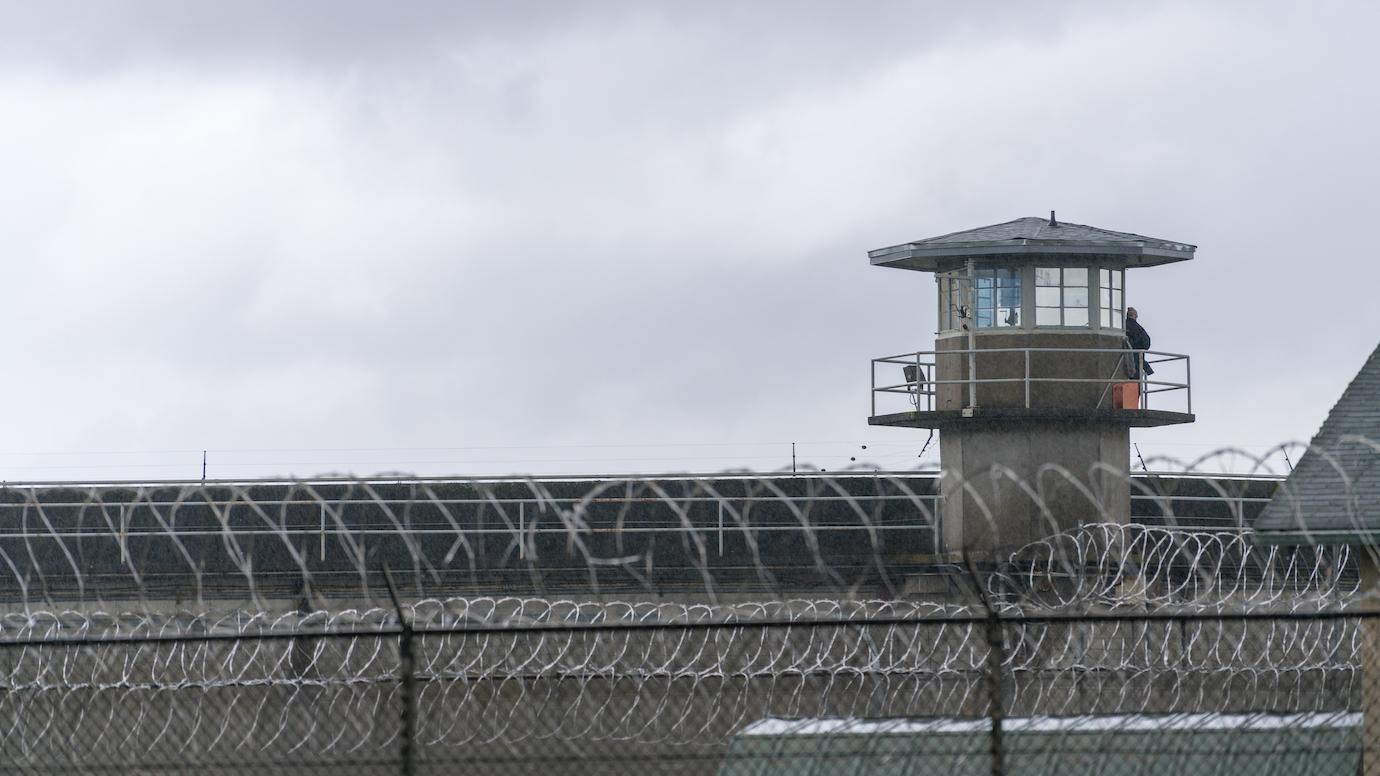Religious Beliefs Shouldn't Get You Fired
Religious freedom is protected in the United States, even in the workplace. But sometimes, people lose their jobs for standing up for their religious beliefs. That’s what happened to Charlene Carter, a longtime flight attendant at Southwest Airlines. She was fired after posting anti-abortion content on her personal Facebook page and sending messages to her union president criticizing the union's support of abortion rights.
Charlene Carter is a Christian who believes abortion is wrong based on her faith. In 2017, she sent Facebook messages to union president Audrey Stone after learning that Stone and other union leaders had participated in the Women's March in Washington, D.C., an event supported by Planned Parenthood. In those messages, she shared videos of abortions and strongly criticized the union’s actions. She also posted this content on her personal Facebook page. Although Carter had resigned from formal union membership in 2013, she was still required to pay partial dues for union representation which is a common practice in many unionized workplaces. She did not want her money, directly or indirectly, supporting causes she found morally wrong, like abortion. After receiving the messages, President Stone reported her to Southwest Airlines. The company soon fired Carter, claiming she had violated their social media and harassment policies.
Carter believed she was fired for expressing her religious beliefs, so she sued Southwest under Title VII of the Civil Rights Act of 1964. Title VII makes it illegal for employers to discriminate against someone because of their religion. It also requires employers to provide “reasonable accommodations” for religious beliefs, unless doing so would cause the business significant difficulty or expense. In 2022, a jury sided with Carter, finding that Southwest had violated her rights.
To better understand this case, we can look at Groff v. DeJoy (2023). In that case, Gerald Groff, an evangelical Christian, worked for the U.S. Postal Service, which originally allowed him to keep Sundays as a day of rest. When the USPS later started requiring Sunday shifts, Groff requested a religious exemption. The Supreme Court ruled that employers cannot deny religious accommodations just because they cause a minor inconvenience; they have to prove that the request creates a substantial burden. This case clarified that religious rights must be taken seriously in the workplace. If Groff deserved an accommodation for not working Sundays, Carter deserved protection for expressing her beliefs. She wasn’t asking to skip work or be treated differently on the job. She was simply expressing her religious views on her own time and objecting to how her union dues were being used. Unlike in Groff’s case, Carter was not asking for anything, just to be allowed to speak freely.
This raises some big questions. First, was Carter treated the same as other employees who expressed different or secular views about abortion? If others posted strong opinions without facing punishment, Carter’s firing could be seen as religious discrimination. Title VII does not just protect religious people from direct mistreatment, it also prevents employers from holding them to different standards. Second, what actual burden did Carter’s posts place on Southwest? Her actions did not involve skipping work, changing duties, or disrupting the workplace. Everything she did was on her personal time. If the only issue was that her views made someone uncomfortable, that is not enough to justify firing her, especially when those views come from sincerely held religious beliefs. At the heart of this issue is the idea of “reasonable accommodation.” What does it really mean? When must employers respect religious beliefs, and when can they say no? What is the line between maintaining workplace order and violating someone’s rights?
This case is about more than just one employee. It is about balancing religious freedom with workplace rules. Carter’s messages reflected her religious beliefs. Southwest claimed they were disruptive, but Carter said she was simply living out her faith. So the bigger debate is this: can an employer punish someone for expressing controversial religious views, even if those views are shared outside of work hours? And if they can not show how the speech hurt the business, was the firing fair? Southwest did not have to agree with Carter. But they should have respected her right to speak about her beliefs, especially when that speech was personal, faith-based, and did not disrupt her job.
I believe Charlene Carter was wrongfully fired. She had a right to express her religious beliefs, and she didn’t hurt anyone or ask for special treatment. She just spoke up about something she deeply believed, on her own time. Religious freedom and free speech are core American values, and they apply not only to popular opinions. They protect all voices, even those with which people disagree. That is what makes them rights.
Sources:





